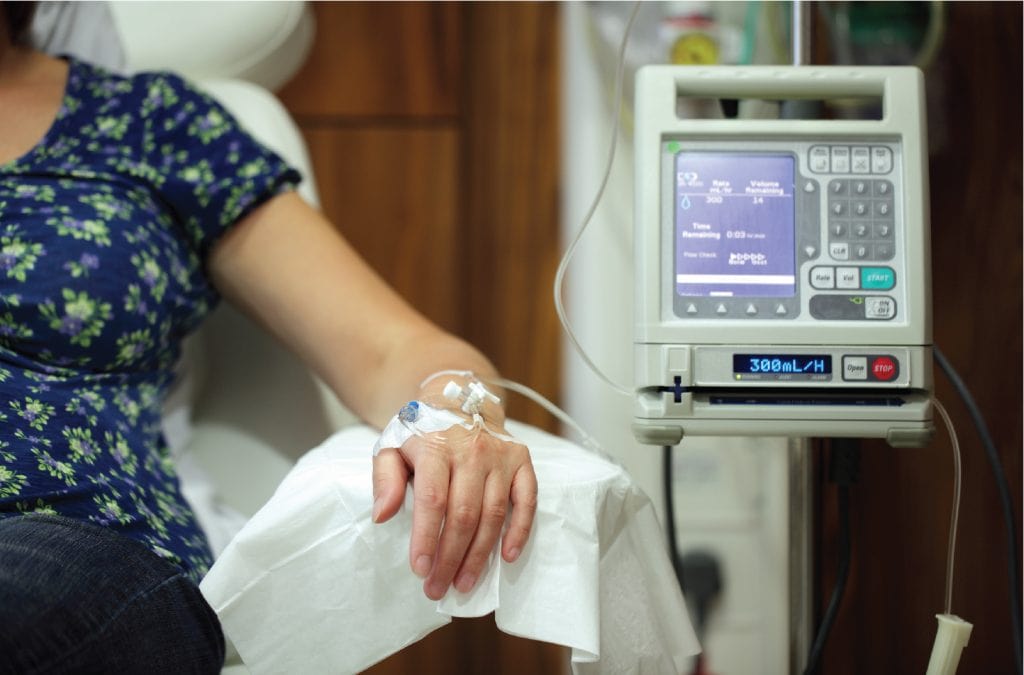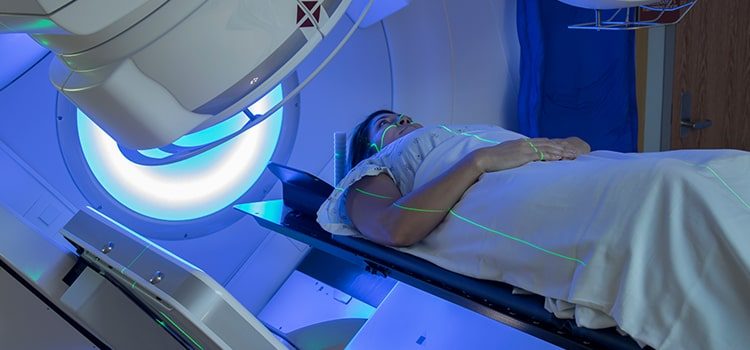
Leukemia and Lymphoma
Leukemia and lymphomas are related cancers of the blood and immune systems that are evaluated and treated by hematologists or blood cancer specialists.
Welcome to the home page of Dr Jay Suriar, Consultant Hematologist at Gleneagles Kuala Lumpur, a leading tertiary medical centre with mature and sophisticated capabilities in all areas of medical care.
Diseases of the bone marrow, blood and lymphoid organs are complex and their management is always evolving.
Our team is committed to the best possible outcome in your care.
We aim to achieve this with advanced diagnostics, up-to-date treatment options and engagement with specialists in related disciplines both locally and abroad.
Clinical Hematology services in Gleneagles KL are comprehensively designed with a commitment to excellence.
We strongly advocate for minimizing the need for blood transfusions through proactive patient blood management and prevention of clotting complications in hospitalized patients by proactive measures.
Laboratory support is robust with services in morphology and specialized diagnostics including genetic sequencing. A comprehensive referral network with accredited laboratories abroad has been established.
Transfusion services are supported by an experienced local transfusion service and by the National Blood Centre, MOH.


Leukemia and lymphomas are related cancers of the blood and immune systems that are evaluated and treated by hematologists or blood cancer specialists.









Please hover for details
Please click for details










Dr Jay Suriar pursued Medicine at National University of Malaysia/UKM, graduating in 2000 before obtaining his Membership of the Royal College of Physicians (UK) in 2006. He then completed Fellowship training in Clinical Hematology from Ministry of Health, Malaysia.
It was indeed a pleasure knowing dr. Jay Suriar. It was in the month of August 2022, where my son was diagnosed with lymphoma. The news came as greatest... read more shock to our family. He was only 19 years old. My son needed to be treated immediately. That was when we were introduced to Dr Jay to start his treatment. Because of his professionalism in dealing with patients, my son immediately became comfortable with di Jay. This made my son chemo treatment comfortable without much issues. Dr Jay with his professional team has made my son stay very comfortable in the 5 months of treatment at Gleneagle Kuala Lumpur. First and foremost, I.would like to thank Dr Jay and his team for making my son and our family to journey this difficult time. And also from our entire family, wishing Dr Jay with all best wishes and may God Bless him. Regards Pajan.
I had to stop a vacation to undergo a liver investigation. Dr Jay was incredibly responsive to my enquiry on WhatsApp within moments of receiving it. He worked quickly... read more to have me scheduled in for a CT scan and he was there the moment the scan concluded. He is companionate and highly professional. His clear communication and reassuring demeanour alleviated my anxiety, and I felt a sense of security. Fortunately, the results were favourable, and I could resume my vacation with peace of mind. The hospital itself is incredibly efficient, the whole team was a pleasure from the registration through to the nursing team and radiology Dr. This is leading healthcare in action.
Friendly doctor. Fast response with whatever enquiries posted to him personally. Keep it up 👍
態度很好 服務很周到 醫生很專業
Doctor Jay is a cari g and patient good doctor
Dr Jay is very knowledgeable, patient and friendly. I was suddenly in serious sick in Nov22, Dr Jay followed through my case from assessing my symptoms to prescribing medication and... read more treatments with his professional medical knowledge and always provides attentive care to patients.
Back in late September 2021 my beloved wife Syafiqah was diagnosed with Acute Myeloid Leukemia. It was definitely one of the most shocking news to our family. Thankfully we... read more were recommended to begin treatment with Dr. Jay here at Gleneagles Ampang. Proceeding for treatment here was definitely one of the best life decisions ever made. Dr. Jay and his team is definitely one of the best to be referred to for such cases. My wife started her first chemotherapy with Dr. Jay and praises to god she was perfectly taken care of. From the beginning to the end every single little detail was taken into account and thankfully her first chemo here completed with great success. Syafiqah has now completed her Stem Cell Transplant and is currently in remission. Dr. Jay and his team of specialists have done a lot for us and no words can describe how thankful and grateful we are for having to assist us through even our most downtimes. Thank you for kickstarting our journey and thank you for not giving up on Syafiqah. P.s : For those still fighting don't give up! Times can be really hard but keep having faith and keep fighting. The fight is worth it.
Dr. Jay Suriar is extremely gentle and knowledgeable specialist, he gives advice and would always opt for best treatments for the patients. He would always make sure to relieve the... read more tension that patients might be facing and showing great empathy, glad that I met him
Cellular Immunotherapy
Antibody Based Immunotherapy
Gleneagles KL Website Appointment Portal : https://gleneagles.com.my/kuala-lumpur/appointment
Additional Information for International Patients : https://gleneagles.com.my/kuala-lumpur/plan-your-visit
Block A & Block B, 286 & 288, Jln Ampang, Kampung Berembang, 50450 Kuala Lumpur, Wilayah Persekutuan Kuala Lumpur
my.gkl.oncology@parkwaypantai.com (General Clinic Email)
dr.jay.suriar@gmail.com (Dr Jay Suriar)
(+60)3 4141 3058
(+60)14 616 2426 (WhatsApp only)
© 2024 Dr Jay Suriar. Developed by Xenro